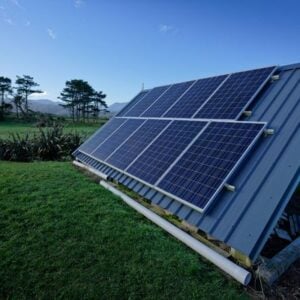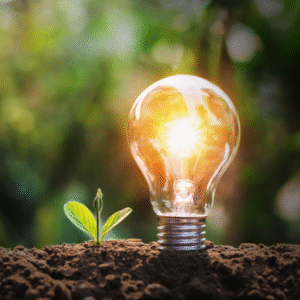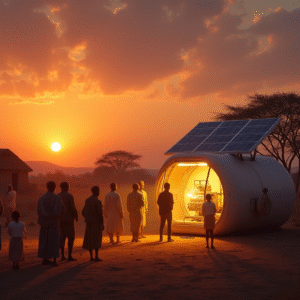Asian Development Bank (ADB) President Masato Kanda called for unified global action to integrate science, policy, and finance to advance clean energy across Asia and the Pacific. Speaking at the 22nd Annual Meeting of the Science and Technology in Society (STS) Forum in Kyoto, Mr. Kanda announced that ADB is reviewing its Energy Policy to better align with the needs of its developing member countries, offering pragmatic pathways toward cleaner power sources.
In a historic move, Mr. Kanda revealed that ADB is ready to support nuclear power in its operations for the first time in its 60-year history. He emphasized that nuclear energy can serve as a critical option for countries aiming to transition from coal and gas while reducing emissions, noting that ADB’s role would be to make nuclear energy safe, trusted, and investable. He also reaffirmed ADB’s plan to provide up to $10 billion over the next decade to help develop the ASEAN Power Grid, enabling the transfer of clean energy across borders. Additionally, he highlighted the bank’s Critical Minerals to Manufacturing approach, including a $410 million financing package for Pakistan’s Reko Diq Mining Project to strengthen the supply of copper essential for the clean energy transition.
Following the STS Forum, Mr. Kanda addressed the International Association of Ports and Harbors (IAPH) World Ports Conference in Kobe, marking the organization’s 70th anniversary. He urged governments, industries, and development partners to work together to transform ports into resilient, digital, and low-carbon hubs that can sustain prosperity amid growing global challenges. He envisioned ports in Asia and the Pacific evolving into energy-integrated, technologically advanced centers that safeguard supply chains, create local jobs, foster regional cooperation, and promote sustainable growth.
Mr. Kanda outlined a roadmap for transforming ports through targeted public investment, mobilization of private capital, and innovative solutions to close infrastructure gaps and accelerate the maritime energy transition. He also stressed the importance of regional cooperation to ensure ports function as interconnected networks rather than isolated entities.
Commending Kobe’s remarkable recovery after the 1995 Great Hanshin Earthquake, Mr. Kanda said the city’s spirit of reinvention serves as an inspiration for the global maritime community to pursue sustainability and resilience. During the conference, an MOU was signed between ADB and IAPH to promote joint knowledge sharing, technical collaboration, and capacity development in areas such as port digitalization, resilience, and green transformation.
ADB continues to play a pivotal role in fostering inclusive, resilient, and sustainable growth across Asia and the Pacific. Through strategic partnerships and innovative financing, the bank supports quality infrastructure, environmental protection, and collaborative solutions to enhance the well-being of its member countries.







